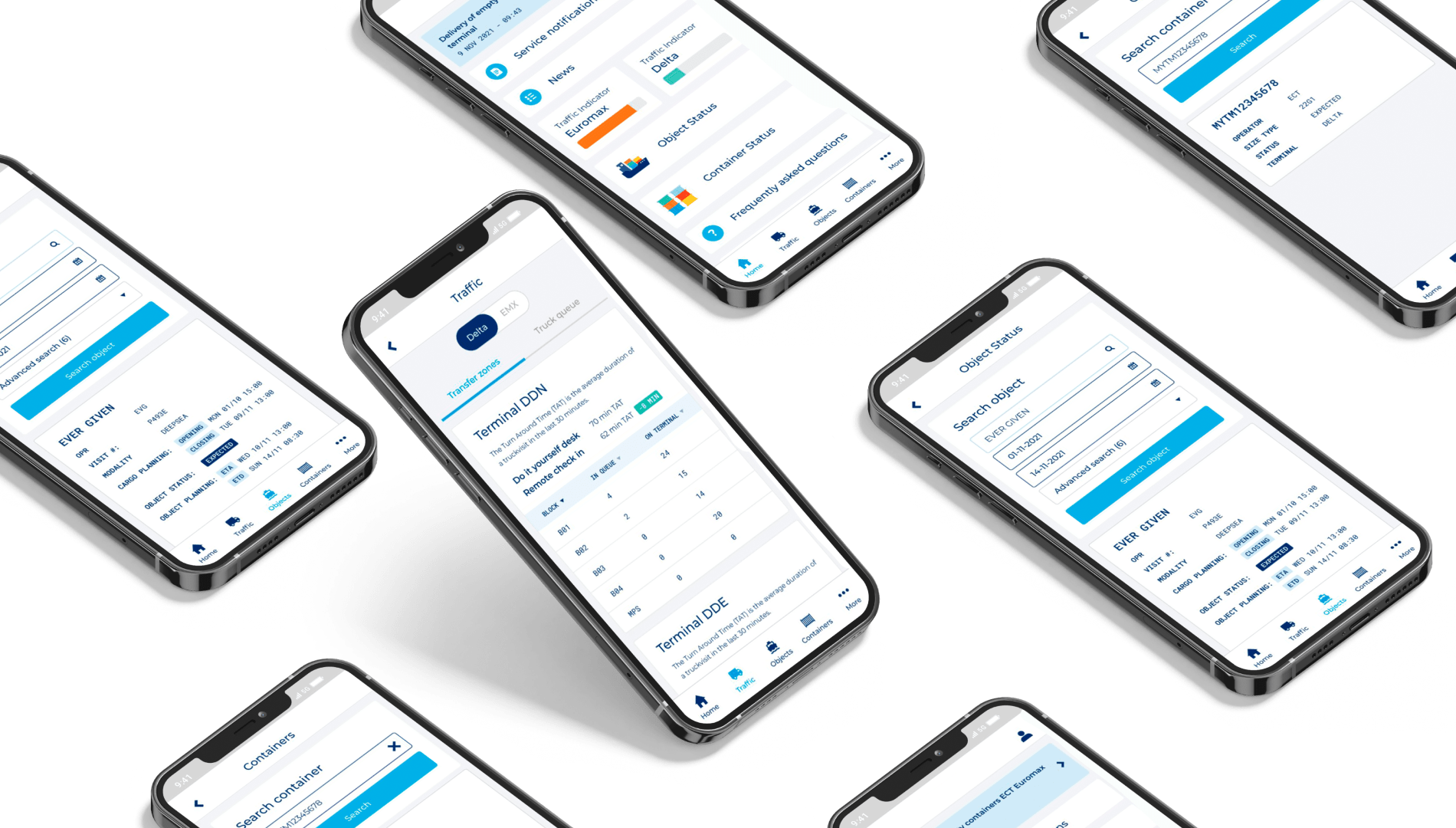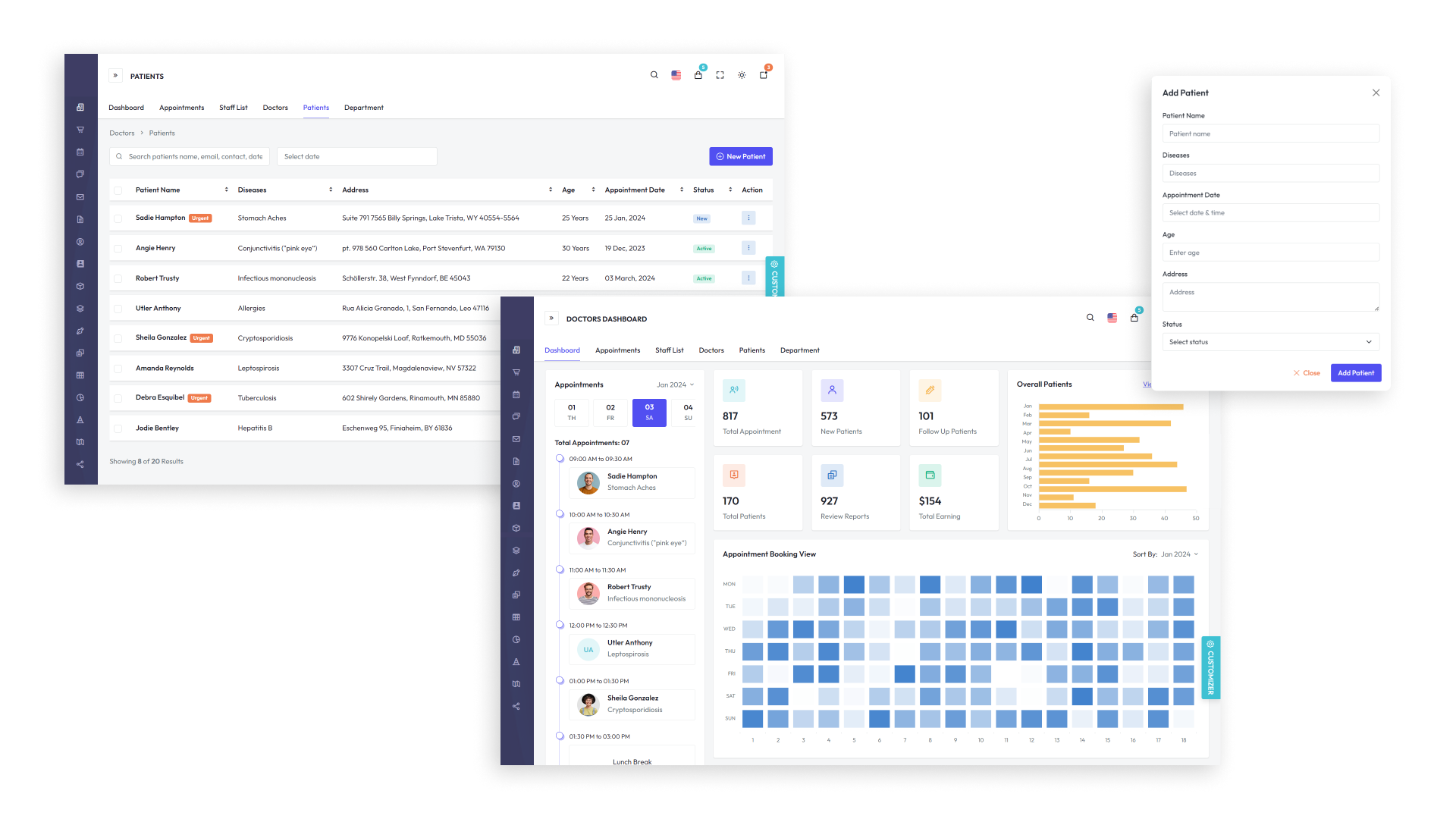Today, everything is being transferred into digital – not only data and documents, but also, which is no less important, services, communication, and business processes. Automated marketing strategies and models of personnel management, logistics and project management, sales, financial accounting, security issues, and much, much more. Digital transformation is not just a rejection of paper documents and the creation of corporate websites. It’s the introduction and development of system software solutions, which, of course, need competent software testing.
A successful commercial campaign is not possible without integrated digital solutions. For bookkeeping, you need a convenient 1C type database, it is impossible to imagine sales growth and automation of customer interactions without a CRM-system, CMS content management systems are used to fill corporate websites and blogs, cargo transportation and vehicles are monitored using GPS tracking and applications based on it.
Digital transformation is crowding out more and more obsolete analog capabilities and functions. Remote work, online sales, online communication – all these features require reliable, safe, and technically competent solutions related to software development. In addition, the requirements and conditions of business processes are constantly changing. A car navigation system or accounting software requires accounting for changes in infrastructure and related legislation. Mobile and desktop operating systems are updated by the original providers. Databases with documents change the architecture and content. Smartphones with mobile applications are replacing desktop computers and laptops with desktop programs.
Digital transformation and software development is not a static situation, but a dynamic. It’s a changing process that is performed by living people – programmers, system architects, testers.
Software testing is just as important part of the digital transformation as software development is. All people – customers, project managers, and programmers – make mistakes, and the task of testing software is to fix them and get the program to work properly in accordance with customer requirements.
The main rule of software testing is: “The sooner we start testing the program and find an error, the less money you will need to spend on fixing it”.

Errors related to software development can be of a different nature and have different consequences. A randomly typed symbol in program code may, for example:
An incorrectly drawn up technical task and an error in a document can, in principle, exclude the probability of the correct implementation of a digital project in accordance with the requirements of the customer. That is why software testing is an integral part of the development of digital solutions, starting with writing TOR and prototyping. Substantive software projects must have a dedicated team of testers whose task is to control the quality of digital services. Their work begins with testing documentation and ends with acceptance testing of the product.

All digital projects — web sites, applications, and individual modules or system libraries — are tested. Perform software testing in manual or automatic mode, ensuring the correct execution of all provided test cases. Software testing may include but is not limited to the following tasks.
In any case, we test our developments during the writing of the program code and before the final release, but without any problems, we perform custom software testing. Some customers believe that they are able to perform the final software testing themselves and are even ready to abandon software testing in the development process in order to reduce the budget.
But in this case, you need to understand that you still have to pay for software testing. It will only be framed in the format of technical support and project corrections after the final release.
Our QA specialists also perform testing of mobile applications
determines how correctly and fully the digital service performs the functions assigned to it (in the technical task).
for example, cross-platform or cross-browser testing. It is performed to check the operation of services (sites, mobile programs, etc.) on devices of different developers or in an environment of different programs. A digital solution should be equally well executed under the control of the main operating systems, in different versions of web browsers, and with different hardware drivers.
Performed to verify the correct translation and adaptation of local versions of sites and applications in accordance, for example, with the language features, the specifics of national legislation, or the features of the local symbol encoding.
or performance testing allows you to determine how stably and reliably a digital solution works under conditions of increased workloads – an increase in the number of users, the amount of information transmitted, and the intensity of requests.
or usability testing makes it possible to evaluate how convenient and ergonomic the software solution is. Indeed, depending on the design, navigation features, and the design of a digital service, the same functionality can be implemented with varying degrees of fitness for use.
It is necessary to determine the degree of protection of a resource or service from hacker attacks, hacks, viruses, leaks of confidential information and personal data.
Our works
Contact the experts Have a question?
The user, filling out an application on the website https://avada-media.ua/ (hereinafter referred to as the Site), agrees to the terms of this Consent for the processing of personal data (hereinafter referred to as the Consent) in accordance with the Law of Ukraine “On the collection of personal data”. Acceptance of the offer of the Consent is the sending of an application from the Site or an order from the Operator by telephone of the Site.
The user gives his consent to the processing of his personal data with the following conditions:
1. This Consent is given to the processing of personal data both without and using automation tools.
2. Consent applies to the following information: name, phone, email.
3. Consent to the processing of personal data is given in order to provide the User with an answer to the application, further conclude and fulfill obligations under the contracts, provide customer support, inform about services that, in the opinion of the Operator, may be of interest to the User, conduct surveys and market research.
4. The User grants the Operator the right to carry out the following actions (operations) with personal data: collection, recording, systematization, accumulation, storage, clarification (updating, changing), use, depersonalization, blocking, deletion and destruction, transfer to third parties, with the consent of the subject of personal data and compliance with measures to protect personal data from unauthorized access.
5. Personal data is processed by the Operator until all necessary procedures are completed. Also, processing can be stopped at the request of the User by e-mail: info@avada-media.com.ua
6. The User confirms that by giving Consent, he acts freely, by his will and in his interest.
7. This Consent is valid indefinitely until the termination of the processing of personal data for the reasons specified in clause 5 of this document.
Send CV
Contact us in any convenient way for you:
+ 38 (097) 036 29 32